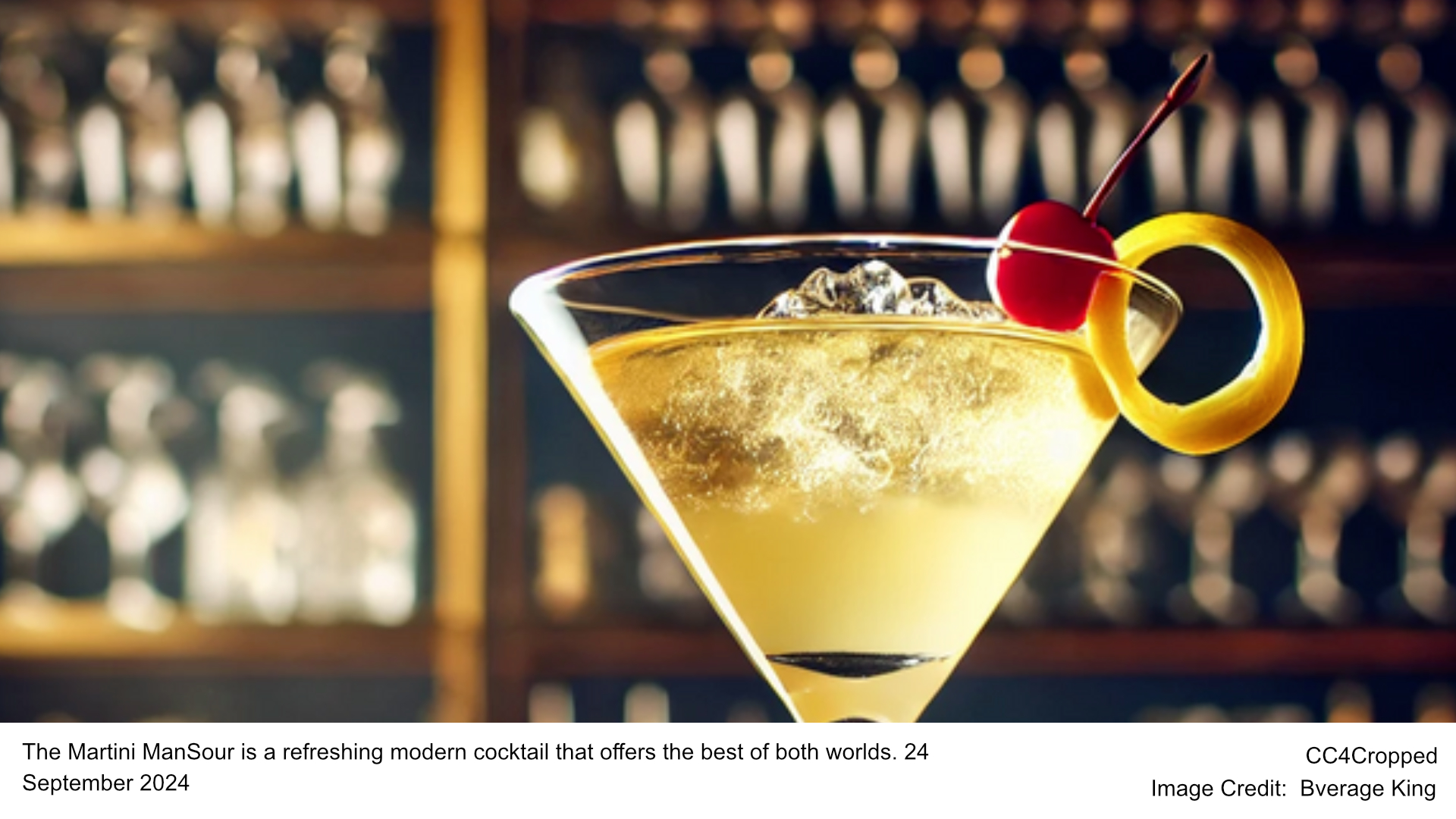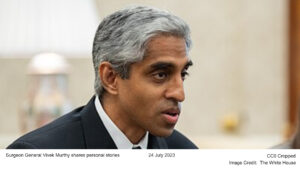Surgeon General Vivek Murthy’s call for alcohol labels warning of cancer risks has ignited a significant debate in Congress. The advisory, released recently, emphasizes the direct link between alcohol consumption and cancer, marking it as the third-leading preventable cause of cancer in the United States. This push for labeling faces strong resistance from the alcohol industry, which seeks to maintain its current foothold in American lifestyles.
- Cancer Warning Labels: Surgeon General Vivek Murthy advocates for alcohol warning labels to raise awareness about its link to cancer, sparking debate in Congress and resistance from the alcohol industry.
- Public Health Concerns: Alcohol contributes to 100,000 cancer cases and 20,000 deaths annually, yet many Americans remain unaware of these risks, prompting calls for updated dietary guidelines.
- Cultural Shifts: Younger generations are drinking less, influenced by trends like “sober curious” and growing health consciousness, challenging traditional drinking norms.
- Industry Opposition: The alcohol industry, supported by $24 million in political contributions during the 2024 election cycle, is lobbying strongly against stricter regulations and updated guidelines.
Murthy’s report highlights that alcohol contributes to approximately 100,000 cancer cases and 20,000 cancer deaths annually across the country. Despite this, many Americans remain unaware of these risks, prompting calls for clearer labeling to inform consumers. The advisory arrives as federal agencies prepare to update dietary guidelines, potentially reshaping alcohol’s role in public health discussions.
The alcohol industry, well-established in Congress through extensive lobbying efforts, opposes these changes. Current government recommendations suggest men consume no more than two drinks daily, with one for women. However, these guidelines face scrutiny as new studies question the health benefits of moderate drinking.
Murthy’s advisory coincides with shifting cultural attitudes towards alcohol, particularly among young adults. This demographic reports lower drinking rates than previous generations, reflecting a growing awareness of alcohol’s health implications. The “sober curious” trend further underscores a societal shift towards reduced alcohol consumption.
Congressional leaders remain divided over the proposed labeling and guideline adjustments. A bipartisan group in Congress has already voiced opposition, urging the suspension of a federal study on alcohol consumption. This group includes California’s wine country representatives and those with vested interests in the alcohol industry’s success.
The industry’s robust lobbying operation has significantly influenced policymaking, with top spenders like Anheuser-Busch and the Distilled Spirits Council actively engaging with lawmakers. Political contributions from the alcohol sector exceeded $24 million during the 2024 election cycle, underscoring its substantial influence.
Public health advocates argue that Murthy’s advisory should prompt immediate action. They point to the World Health Organization’s stance that any alcohol consumption is unsafe, urging federal agencies to consider stricter guidelines. However, any significant policy shift would likely encounter formidable opposition from industry supporters in Congress.
As the debate unfolds, the Surgeon General’s advisory serves as a focal point for discussions on alcohol’s impact on health. The advisory aligns with a growing body of scientific evidence challenging previous research that suggested moderate alcohol consumption had health benefits. This shift in understanding may drive further changes in public perception and drinking habits.
In the coming months, as federal agencies finalize new dietary guidelines, the alcohol industry’s response will be pivotal. Advocates hope for informed and responsible decision-making that prioritizes public health over industry interests. The outcome of this debate could significantly impact how Americans view and consume alcohol in the years ahead.







Be First to Comment